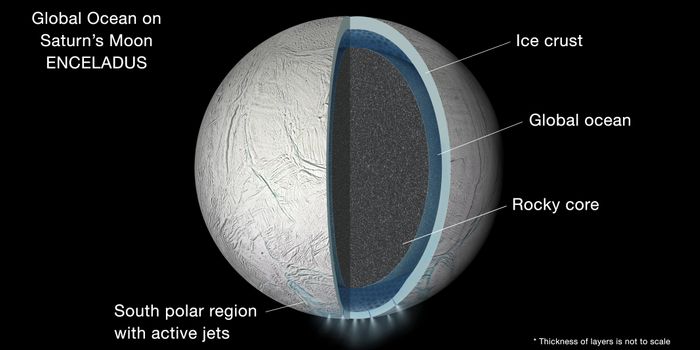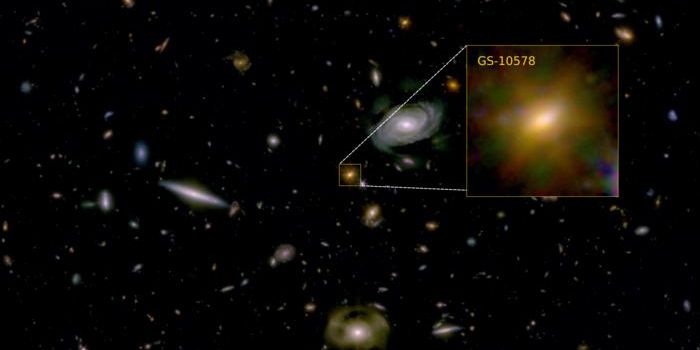Blowing Up Hazardous Asteroids? Probably Not a Good Idea...
If you watch a lot of movies, then you’ve undoubtedly stumbled upon one about a fictitious ‘end of the world’ scenario involving a massive asteroid impact. As with most Hollywood films, humankind usually finds a way to avert such apocalypse, often by launching explosives to neutralize the threatening space rock. But would this approach honestly work in the real world?
Image Credit: Pixabay
As it would seem, there are several indicators to imply that it wouldn’t, and a paper that was published just this week in the journal Icarus appears to support that notion further; even if indirectly.
The researchers were allegedly putting together computer models to discern what might happen if a smaller asteroid measuring just a few thousand feet across slammed into a much more massive asteroid spanning more than a dozen miles wide. While some might expect complete and utter destruction of the larger space rock, that wasn’t what the researchers saw in their modeling.
Instead, while the smaller asteroid did manage to inflict significant damage to the larger one, the core of the latter was still very much intact and just as dangerous as ever. Perhaps more astonishingly, the asteroid shards that went flying in every which direction just after the impact responded to the damaged asteroid’s gravitational pull and slowly coalesced to form a single object once more.
“They don’t break the way we thought,” elucidated KT Ramesh, a co-author of the paper. “And the end result is that these bodies could be significantly damaged, but not broken up.”
Related: What would happen if an asteroid slammed into one of Earth's oceans?
The findings may not specifically deal with whether explosives would be useful tools against potentially-hazardous asteroid impacts, but according to study lead author Charles El Mir, they “could be interpreted as an argument against ‘blowing up’ an asteroid as a defensive strategy.”
“You certainly don’t want to try what the movies do and blow these things up,” Ramesh added. “That’s not going to help very much. What you really want to do is move the asteroid out of the way.”
Related: Just how much damage could an asteroid impact do?
It’s not the first time researchers have used computer models to predict the outcome of one asteroid slamming into another, but it was perhaps one of the most detailed models to date. Admittedly, however, it didn’t consider the variabilities that different asteroids can have; those factors include rotation, pre-existing cracks, and composition – each of these hold the potential to change the outcome entirely.
There’s still much to learn about asteroids and their physical properties, but space agencies from around the globe are actively scouting asteroids throughout the solar system in an attempt to gain more insight about them. What we learn from these missions may contribute to discerning viable ways of protecting the Earth from impacts; but then again, only time will tell.
Source: Popular Science, New York Times, Icarus









